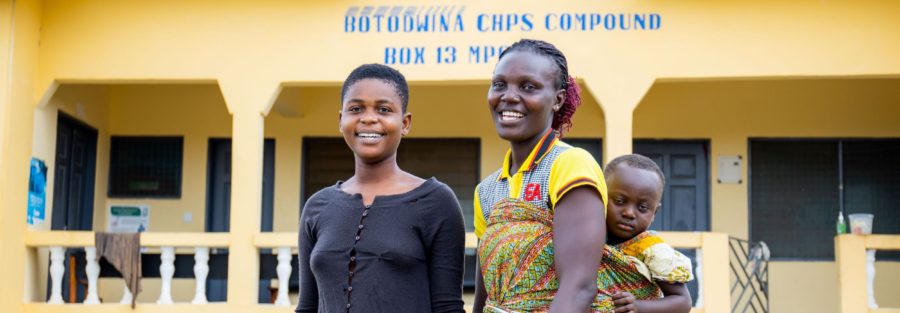Addressing the specific needs and challenges faced by vulnerable groups, mostly women and girls is crucial in the fight against Tuberculosis (TB). Improving access to quality healthcare services, promoting gender equality, and addressing social determinants of health can help reduce the burden of TB among these populations.
TB is a highly infectious disease that leaves dire consequences on women and children who already face socioeconomic challenges, malnutrition, and limited access to healthcare services. These consequences further affect families and communities. Children may be orphaned and families can sink into poverty without the economic contributions of the affected mother. The widespread impact of TB hinders the economic growth of societies as productive working-age women fall ill. TB in women perpetuates a vicious cycle of disease, destitution, and hampered economic growth at familial and societal levels.
Women face gender-based barriers to seeking and receiving adequate medical care, further exacerbated by Female Genital Tuberculosis (FGTB), which is a kind of TB that affects the reproductive organs of women.
WHO in a recent publication indicated that TB is within the top six killers of girls and women aged 15–49 years and close to half a million women died from TB in 2018. This is alarming and a more sustainable solution that addresses the root causes must be employed. Reducing stigma around reproductive health issues can create a safe environment for women to access health care without fear of discrimination or isolation.
It is crucial to address the underlying social determinants of health to ensure positive health outcomes for women and girls. Efforts should be made to improve access to health information and support systems that sensitize women and girls on their health. This will encourage them to seek treatment and empower them to take control of their health needs.
TB prevention and treatment, a global health priority, must be made accessible to women and girls, particularly to those in marginalized areas who bear the brunt of this epidemic.
This year, on World Tuberculosis Day, we call for concerted efforts to end TB and set women and girls free.
“Yes! We can end TB!”



